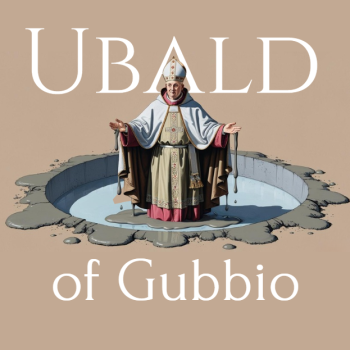For the past two months, Charles Murray's Coming Aparthas focused discussion on an American social disaster: the cultural disintegration of the working class. Many before Murray had noted the increasing prevalence of single parenting, grandparents raising grandchildren, suspect workers' disability claims, and other warning signs, especially among people in lower income ranges. But Murray's book makes the case that together these signs point to general moral collapse. As my recent review of Christian Smith's Lost in Transitionshowed, these trends are not unique to the working class, but Murray demonstrates that they have especially devastated that segment of society in the past fifty years.
One of Murray's most remarkable findings is that, when compared to the upper 20 percent of American earners, the bottom 30 percent is significantly less religious. After reading Coming Apart, President Obama's 2008 comments about the working class clinging to "guns or religion" seem not only elitist, but false (at least on religion). The working class may well have fewer open atheists among them, but growing numbers of them are functionally secular—never attending church, and having only vestigial remnants of Christian beliefs.
This functional secularism must account, in part, for the staggering decline in what Murray, following the Founding Fathers, calls "virtue." Family commitment, honesty, sobriety, and industriousness have all fallen off a statistical cliff among America's poorer classes. Murray shows that this class division is reflected whether you consider just whites/Anglos, or whether you add African Americans and Latinos. "Our nation is coming apart at the seams—not ethnic seams, but the seams of class," Murray says.
What are American pastors and churches to make of this appalling trend? Commentators have offered various answers: Yuval Levin says that Murray's evidence points to social conservatism's (and its affiliated churches') failure to promote the "cause of order," or "standing up for clean living, for self-discipline and restraint, for resisting temptation and meeting basic responsibilities." My Patheos colleague David French gets more specific about evangelicalism's ineffectiveness, arguing that churches have become morally indistinguishable from the culture at large, and that church-shopping undercuts the kind of covenantal functions that might help keep the tempted from wandering.
Levin and French are undoubtedly right. Many churches turn a blind eye to manifest, unrepentant sin right in their midst. (Think of the common scenario where a man leaves his wife for a younger woman, while continuing to attend the same church.) In the 18th and 19th centuries, church discipline was a hallmark of America's evangelical churches, and though it was sometimes tainted by bigotries, it nevertheless upheld churches' commitment to holiness.
Because of the pervasiveness of church-shopping, one might imagine that any church that tried seriously to practice church discipline today might soon find itself without a congregation; people would leave rather than deal with the rigorous expectations of membership, right? There's actually little evidence to suggest so: as sociologist Rodney Stark has famously argued, more demanding churches have often performed better in American history, as high accountability spoke to a transcendence of purpose that true believers crave.
Murray, for his part, sees religion mostly as something that makes people more happy, functional, and virtuous. Indeed, he downplays the spiritual/doctrinal dynamic of faith, arguing that the core members of congregations who really produce the religious "social capital . . . are not necessarily people who believe fervently in every theological doctrine of their faith."
I think Murray, a libertarian and a Quaker, here misses—even endorses—one of the root causes of the cultural problem he describes. Yes, the Founders promoted a common moral sense detached from the necessity of religious conversion or believing specific doctrines. But evangelical critics—especially Jonathan Edwards and his successors—argued that there is really no lasting, true virtue outside of the love of God. In this sense, Murray's virtues are properly a secondary business of churches (at least churches who call themselves evangelical).





